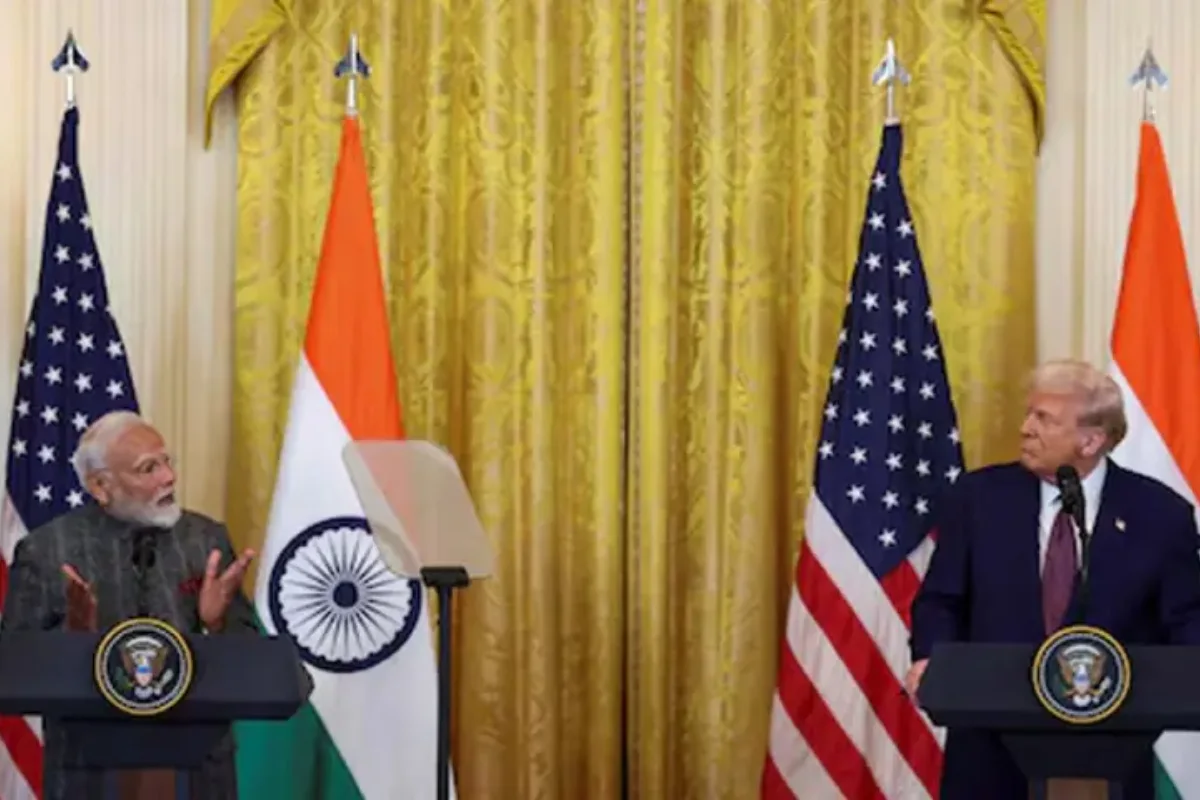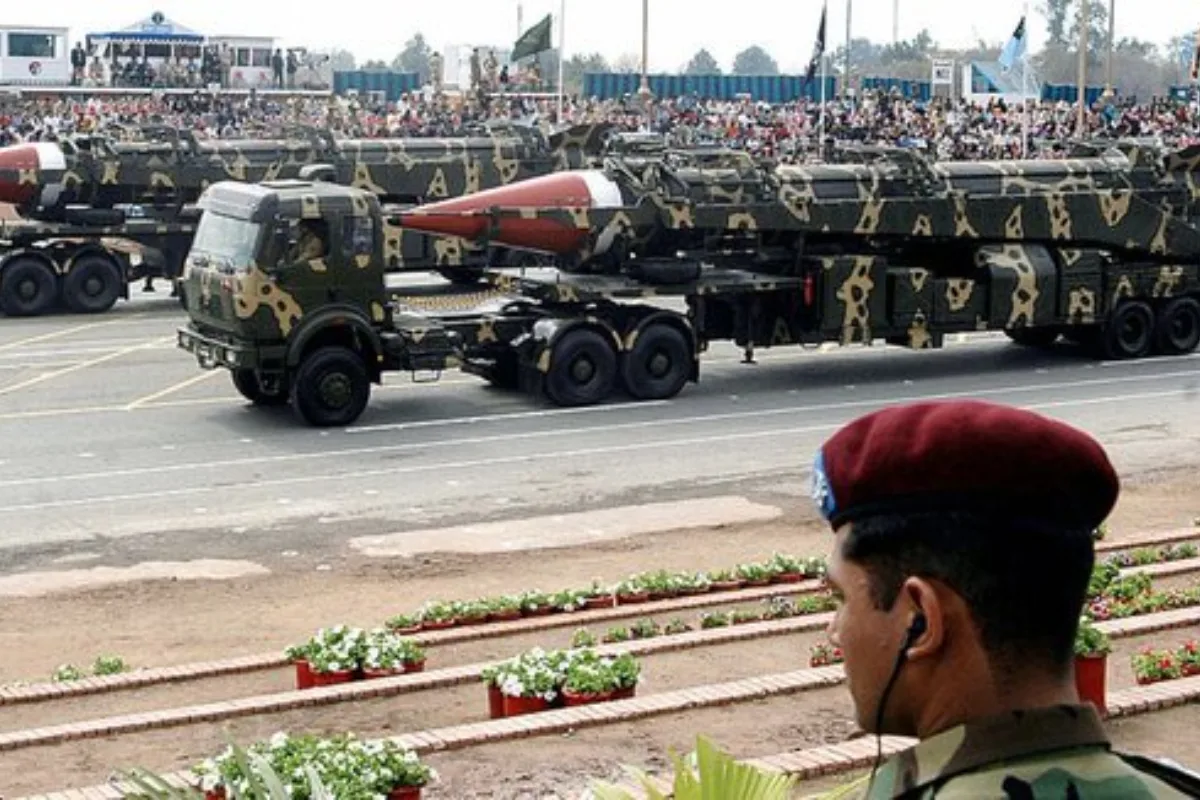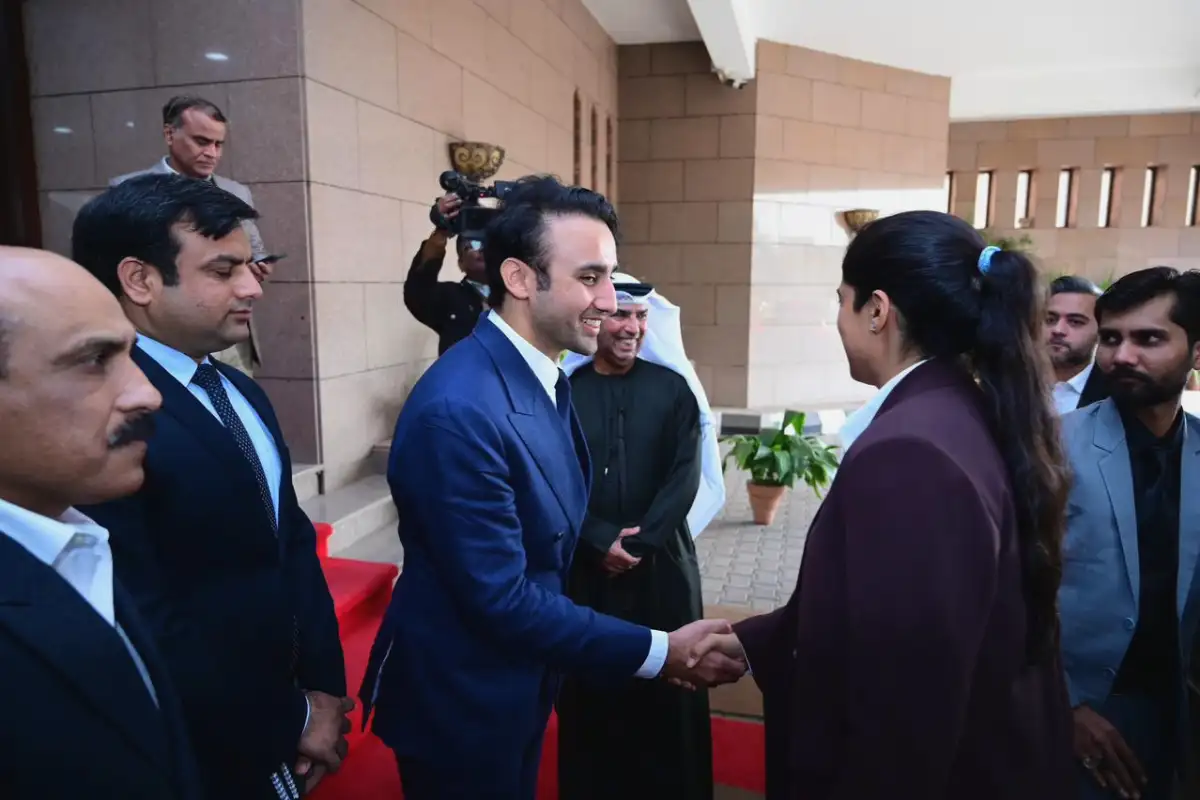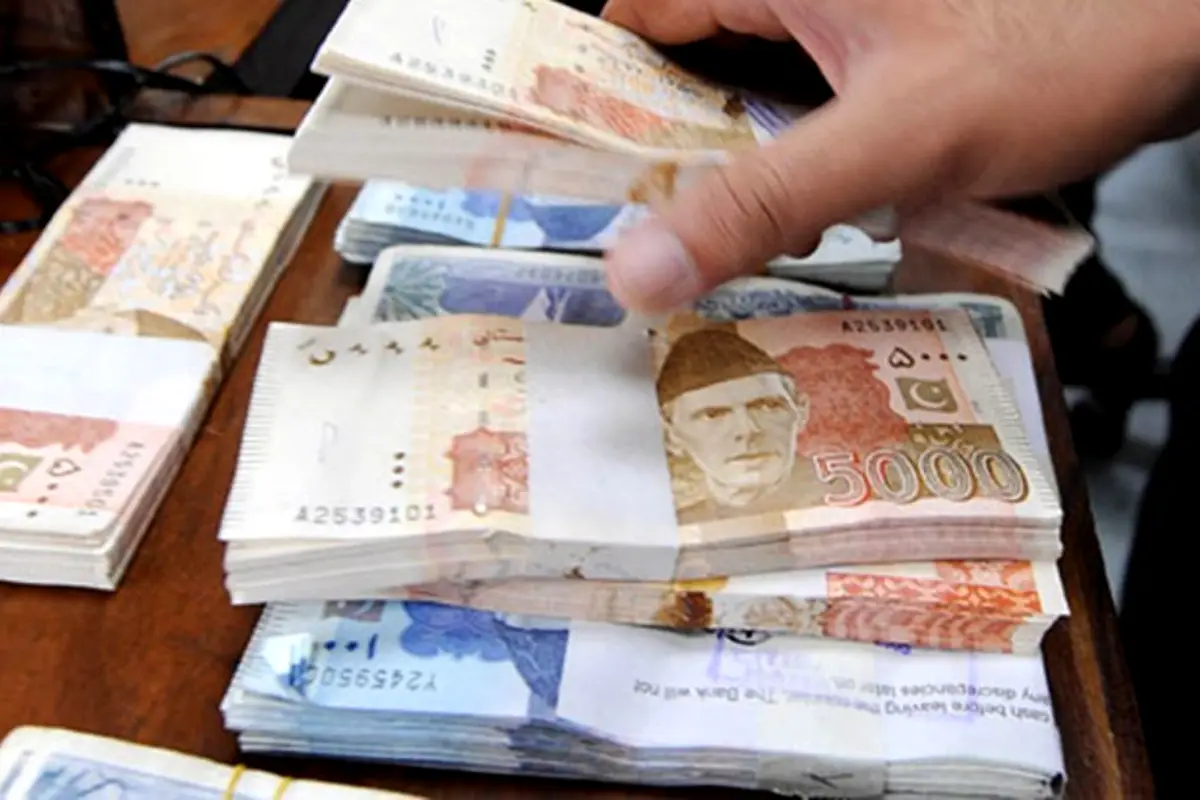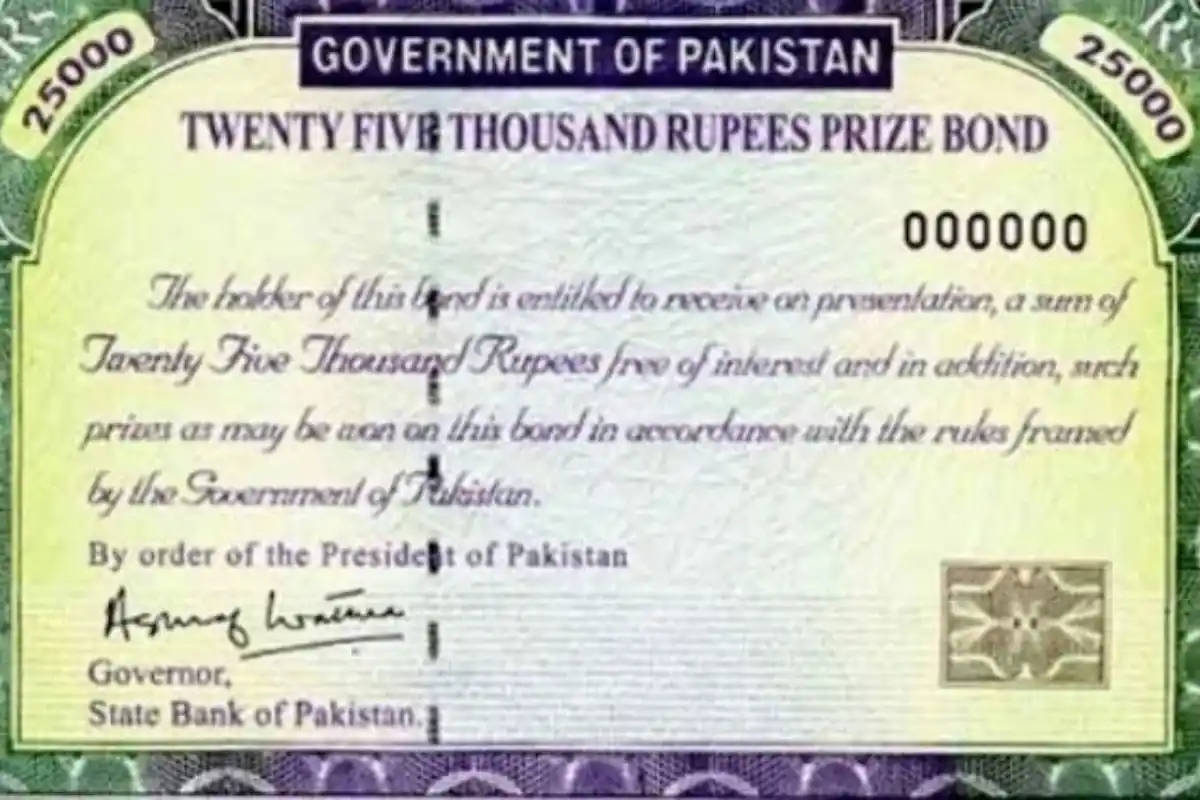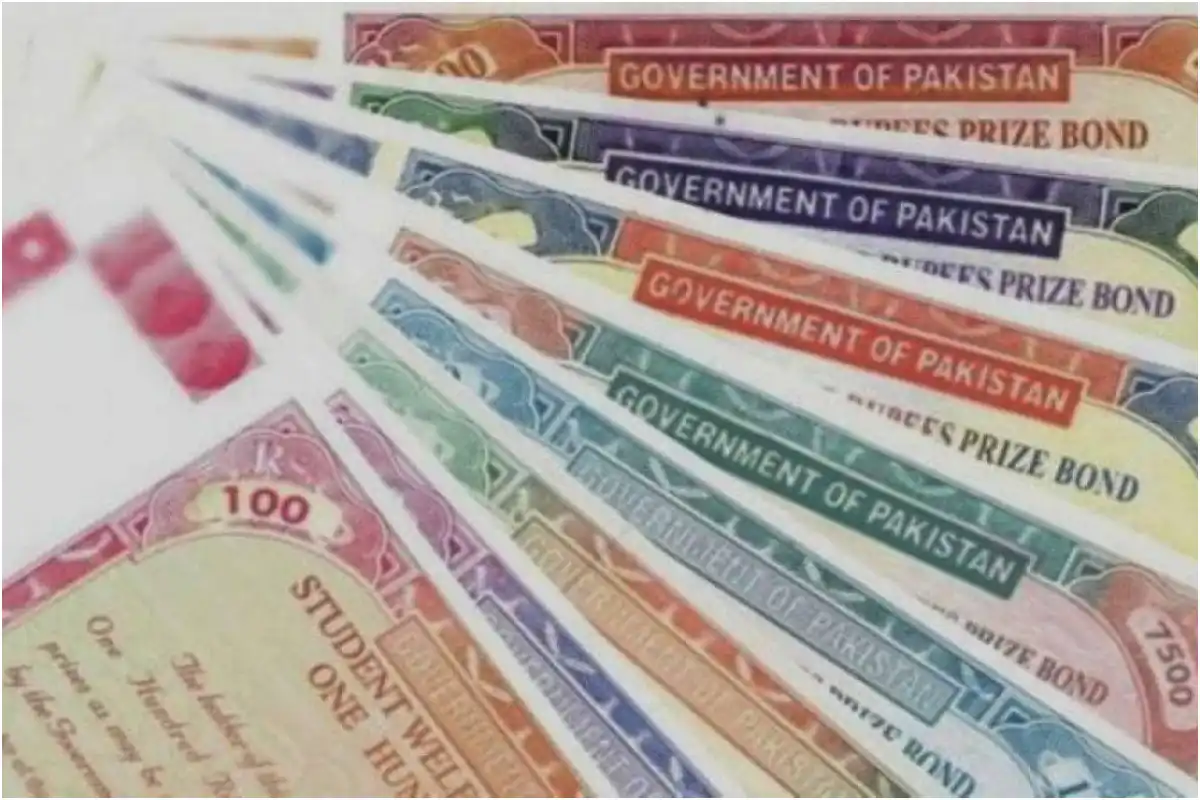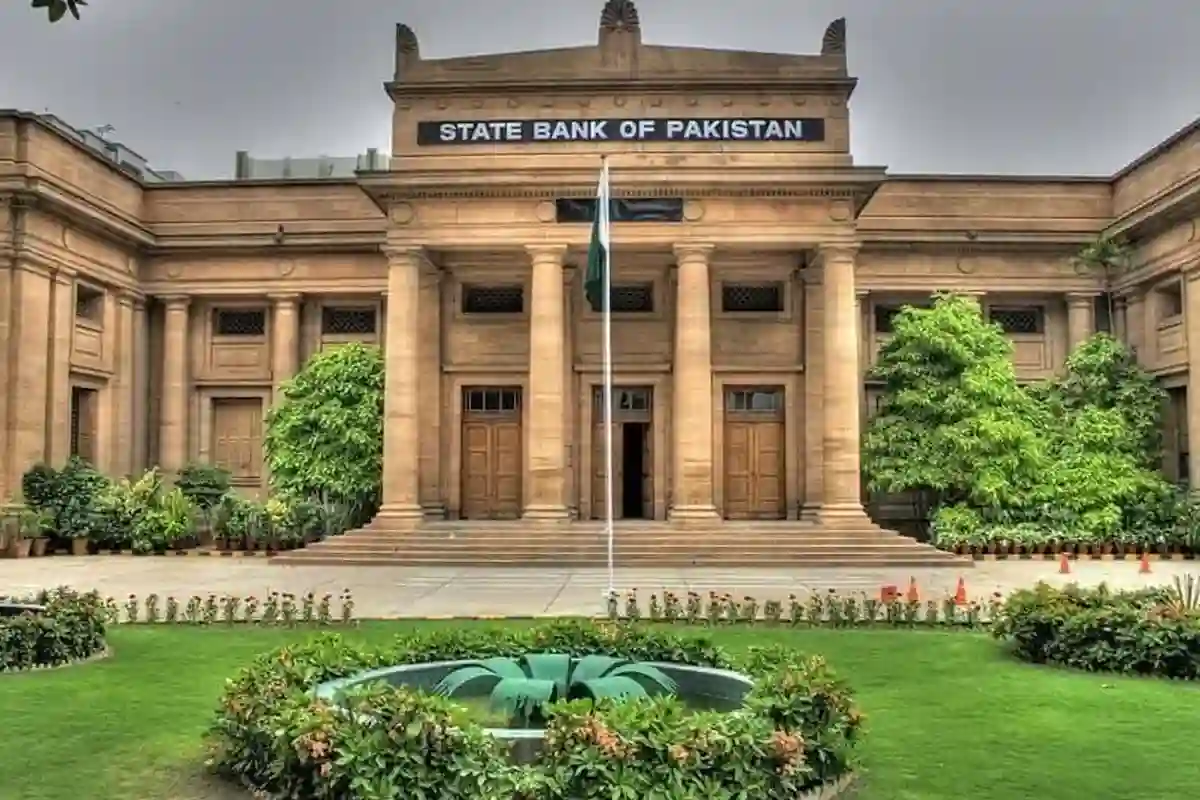IMF warns corruption continues to hurt Pakistan’s economy

IMF warns corruption continues to hurt Pakistan’s economy
The International Monetary Fund’s (IMF) Governance and Corruption Diagnostic Assessment (GCDA) has warned that corruption and weak institutions continue to hinder Pakistan’s economic progress, despite the country’s stabilisation under the Extended Fund Facility (EFF).
Publishing this report is required before the IMF board approves the next $1.2 billion payment under the $7 billion programme next month.
According to the summary, the assessment began in January 2025 at the request of the government. An IMF team, along with World Bank experts, worked for eight months and held two field missions to identify problems in governance, corruption risks, and key areas where reforms are needed.
The report focuses on governance gaps in five major areas:
Fiscal governance (budgeting, public finances, procurement, state assets, taxes)
Market regulation
Financial sector oversight
Anti–money laundering and counterterrorism financing (AML/CFT)
Rule of law, including contract enforcement, property rights and judicial integrity
It also reviews Pakistan’s legal and organisational systems for fighting corruption. The IMF stresses that this study only covers federal-level governance and does not include provincial issues. The findings are based on information collected before April 2025.
Economy Is Stabilising, but Problems Remain
The IMF says Pakistan has made “significant progress” under the EFF. It highlights:
A 2.0% primary surplus in the first half of FY25
Inflation falling to 0.3% in April
Foreign reserves improving from $9.4B (August 2024) to $10.3B (April 2025), with expectations of reaching $13.9B by June 2025
However, the IMF warns that deep structural issues still exist. Pakistan’s living standards have not kept pace with neighbouring countries because of low investment, state interference in the economy, weak fiscal systems, and frequent economic pressures.
IMF Identifies Major Corruption Risks
The report says corruption in Pakistan remains a serious problem and hurts economic development. It notes that people often have to make unofficial payments to get basic services, and large amounts of money are lost that could otherwise help development.
It highlights that “privileged entities” — including some linked to state institutions — influence key economic sectors. Political and economic elites often shape policies for personal benefit. One example mentioned is the 2019 sugar export decision under the PTI government.
The report also notes:
Weak budgeting, inconsistent spending, and limited transparency
A complicated tax system that encourages corruption
Multiple regulators issuing confusing and overlapping rules
Weak accountability in business regulation
Judicial delays, outdated laws, and concerns about judicial independence
The IMF says anti-corruption bodies and accountability institutions often lack independence and struggle to enforce meaningful action. While Pakistan made progress in AML/CFT reforms and exited the FATF grey list, punishments and decisions against money laundering remain slow.
IMF’s Reform Plan and Expected Benefits
The report proposes a detailed reform roadmap, including short-term and long-term steps. Key recommendations include:
Ending special privileges in government contracts
Moving all government procurement to e-governance within 12 months
Strengthening parliamentary oversight
More transparency in policymaking and fiscal data
Stronger enforcement in anti-corruption institutions
Better use of AML/CFT tools
The IMF says improving governance, accountability, and transparency could significantly benefit Pakistan’s economy.
It also notes positive examples where Pakistan successfully implemented complex reforms, such as:
Increasing central bank independence
Improving the business environment by cancelling outdated regulations
Expanding NADRA’s digital ID and biometric systems
According to IMF analysis, Pakistan could grow its GDP by 5% to 6.5% over five years if it carries out major governance and anti-corruption reforms as recommended.
Read More: ECP Calls for Army Deployment After KP CM’s “Threatening” Remarks Ahead of NA-18 By-Polls
Catch all the Business News, Breaking News Event and Trending News Updates on GTV News
Join Our Whatsapp Channel GTV Whatsapp Official Channel to get the Daily News Update & Follow us on Google News.


